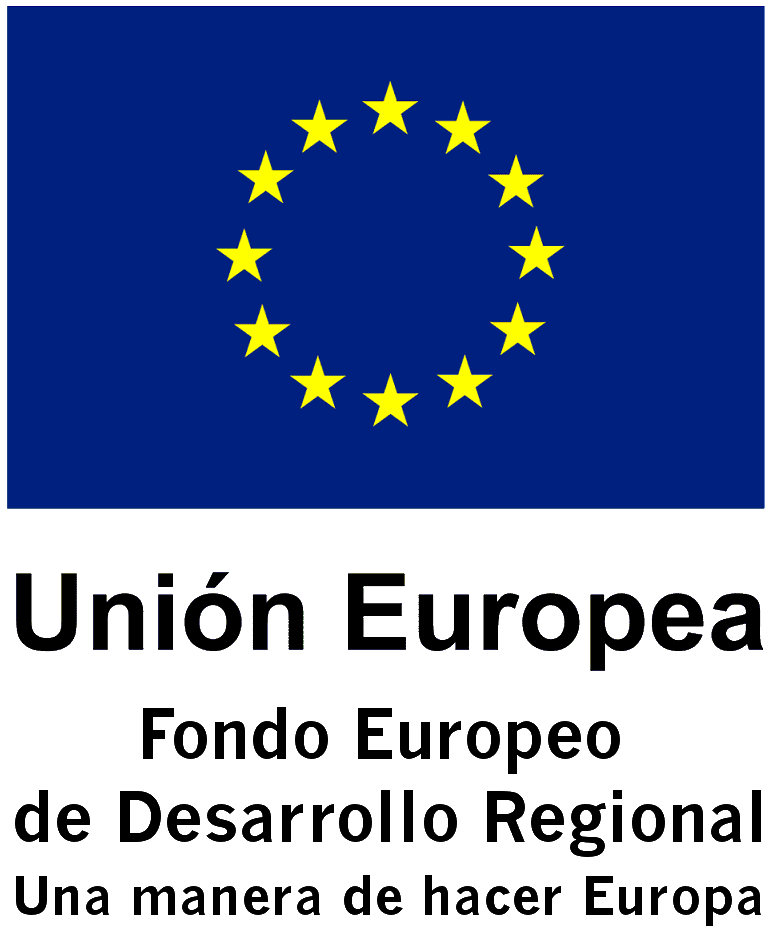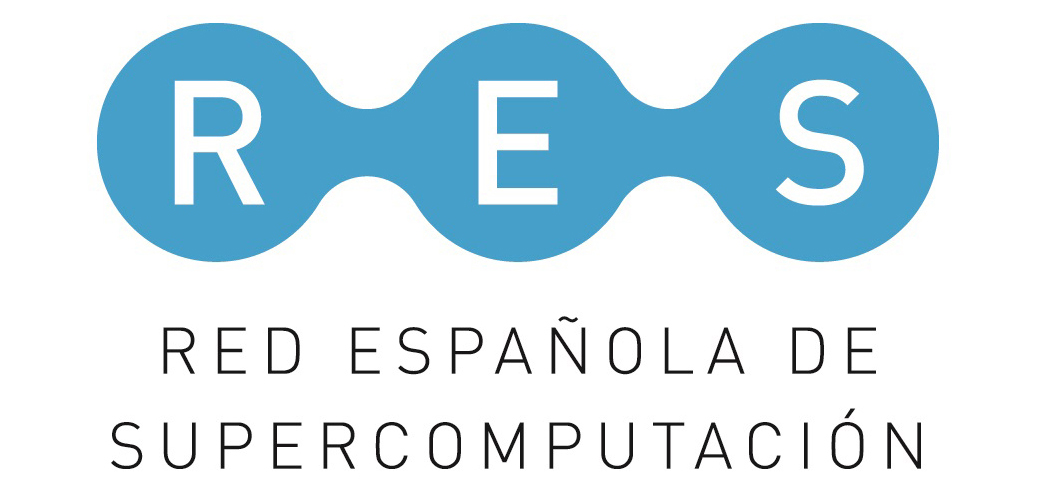Computational modelling and design of thermoelectric materials based on metal chalcogenides and oxychalcogenides: the effects of the chemical composition
- Jose Javier Plata Ramos. Universidad de Sevilla (US).
Proyecto asignado a través de la Red Española de Supercomputación (RES).
In our society, more than 66% of generated energy is wasted, most of it as heat. Thermoelectric, TE, devices stand as the most promising technology to recover part of this wasted heat. Traditionally, TE material efficiency is measured by the figure of merit, zT. Reducing lattice thermal conductivity, kl, is probably the most straightforward approach to enhance zT. While most of these models are designed to predict directly one of the quantities that are related to zT, the biggest challenge is to establish connections between real space (atomic structure, chemical composition and microstructure) and reciprocal space properties (transport properties and zT). Our goal is to connect the variables that can be controlled during the design, synthesis and processing of a TE material with their final transport properties and efficiency.


